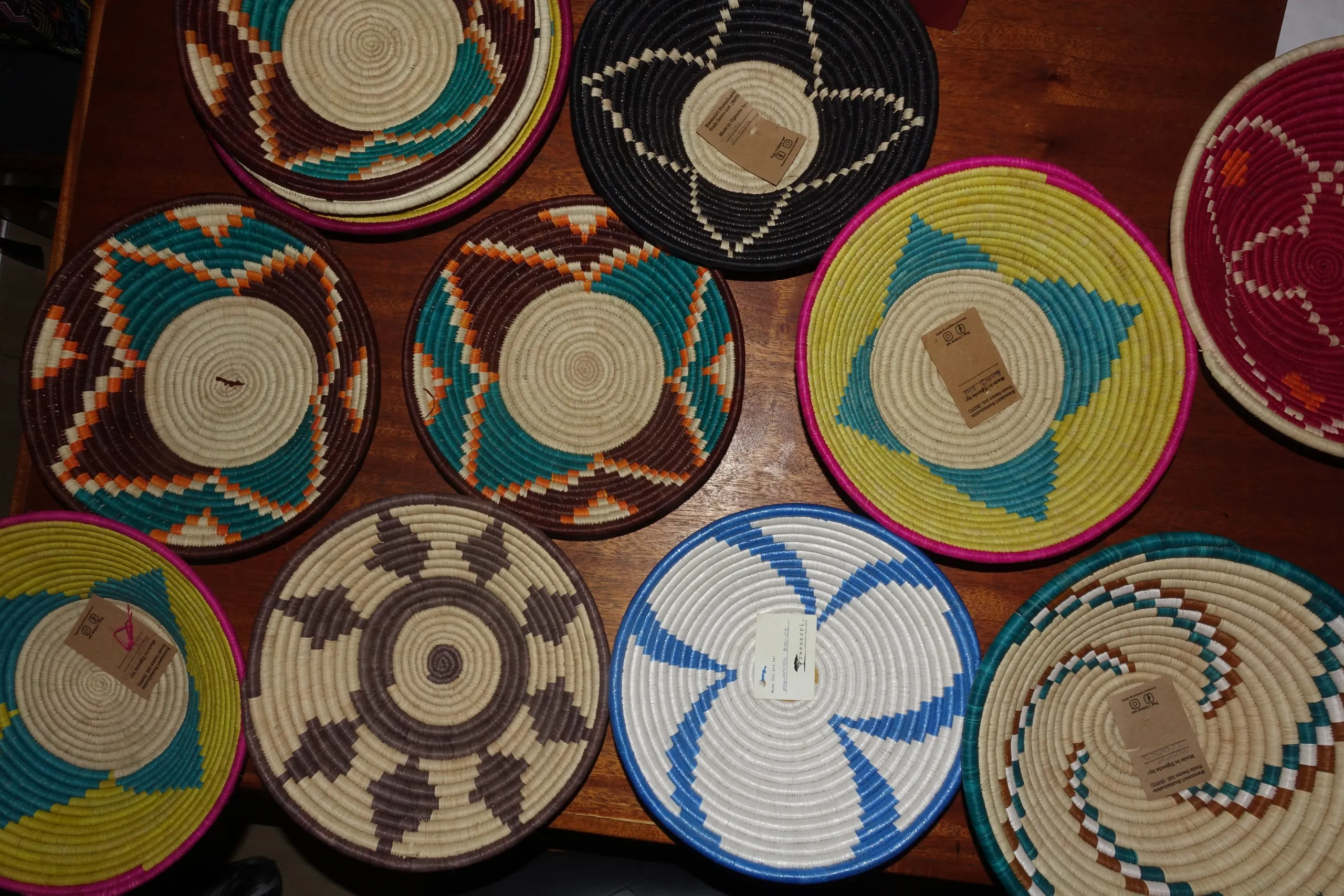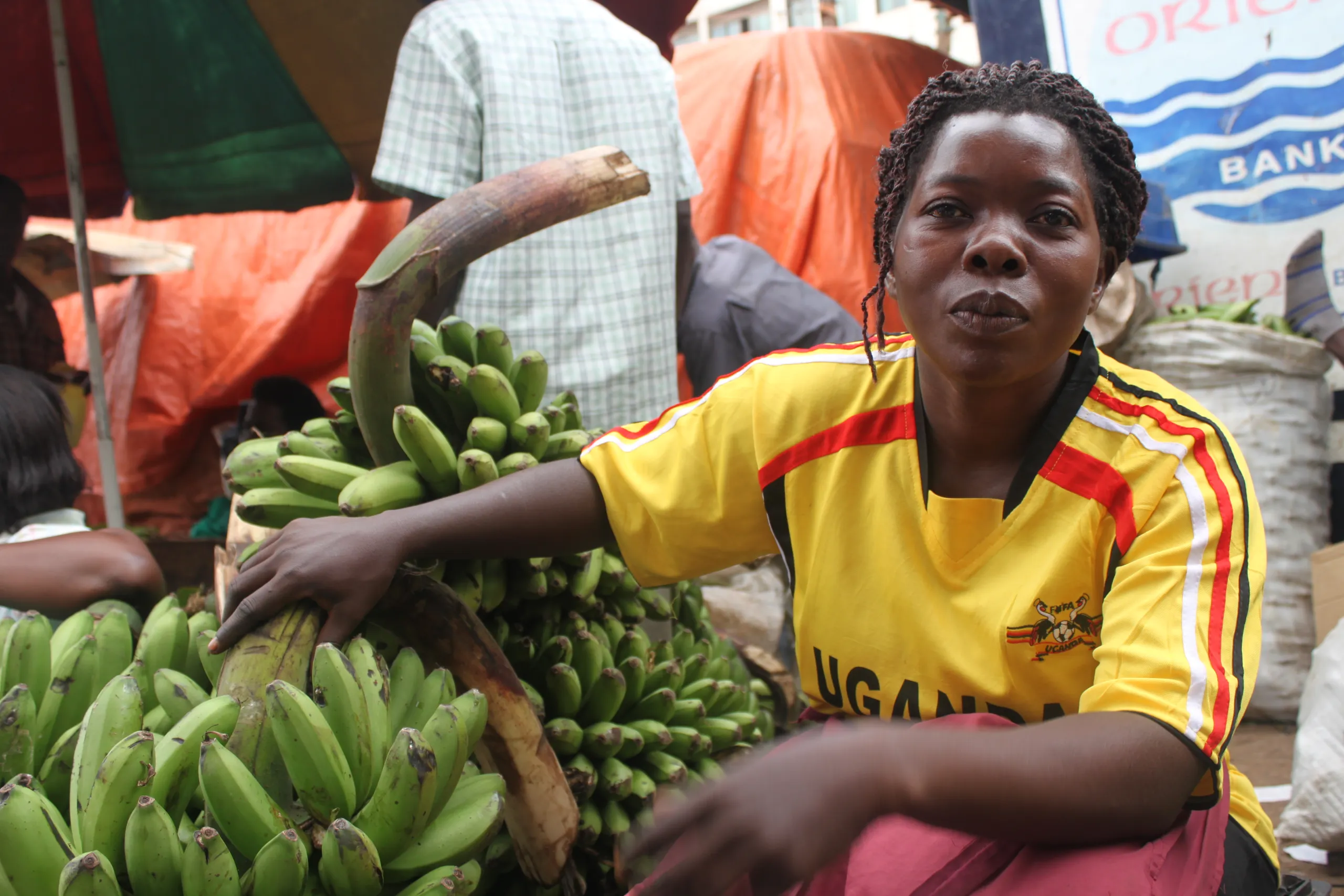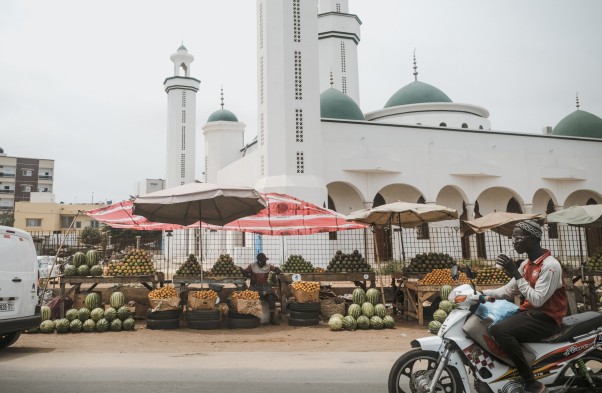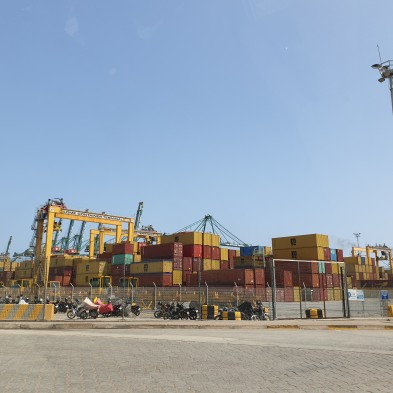
EIF is working with the Government of Uganda to develop trade policies conducive to global trade. The programme is also supporting the development of small businesses as part of the country's decentralized business services.


Trade analytical work: Diagnostic Trade Integration Studies
The EIF trade analytical support to the LDCs referred to as the EIF Diagnostic Trade Integration Study (DTIS) has recently had an update, finalized by the Government of Uganda. This builds on two previous DTISs in 2006 and 2013, respectively. The current DTIS Update (DTISU) includes priorities for technical assistance, such as enacting the WTO Implementation Bill; an analysis on key export commodities including coffee, cocoa, tea, fruits and vegetables and grains/cereals; the development and implementation of a national African Continental Free Trade Area strategy; and a variety of recommendations relating to trade policy; micro-, small- and medium-sized enterprises; trade finance; quality infrastructure and SPS issues; e-commerce; and trade in services.
Trade institutional capacity-building
The EIF has contributed to the realization of Uganda's trade policy vision and assisted the country to better integrate into the global economy through a more efficient and competitive trade sector. Key elements of the EIF trade institutional capacity-building projects implemented in Uganda include strengthening institutional coordination across Government institutions; implementing the recommendations in the DTISs; and rejuvenating the Government's Private Sector Working Group.
A trade institutional capacity-building project is ongoing and focuses on further improving and consolidating trade institutional coordination and leveraging funding for projects in line with the new DTISU.
The District Commercial Services Support Project
The EIF contributed to increasing the incomes of small- and medium-sized enterprises and their employees in target districts in Uganda. The productive sector capacity-building project focused on the trade, tourism, industry and cooperatives sector and the ability of both the Government and the local governments to deliver key services at the grassroots level. The District Commercial Officers' capacities were enhanced through redefining their functions; equipping them; building their skills; and facilitating and improving the links of the Officers with the Ministry of Trade, Tourism and Cooperatives, other Government agencies, lower local governments, and the public. Industry databases were collected in 34 Districts. A key highlight from this intervention is the Government's expansion of the support to cover all districts and the inclusion of funding within the Ministry's budget.
Handicraft and Souvenir Development Project
The EIF is working to develop the handicrafts and souvenir sector in Uganda. The ongoing project is creating linkages between the producers' associations and the traders of handcrafted products and the tourism industry to boost exports and improve livelihoods for some of the most marginalized communities in Uganda.
Some key results:
- The project targets 10,000 beneficiaries, with 8,067 (out of which 67% are women) reached to date. Two examples are particularly noteworthy: 46 women entrepreneurs who supply Rwenzori Exporters were trained in product design and market development, leading to increases in sales, incomes and women's economic empowerment. Ngombe Women's Group now make 600 baskets a month, up from 200 a month before the baseline figure. Additional income earned is also being pooled into the communities to support short-term finance needs from buying children’s educational materials to medical fees.
- Quality management training for Rwenzori Exporters has led to decreased costs by up to 50%.
- Sixteen (16) businesses have been trained in design, development and the implementation of quality management systems based on ISO 9001:2015 requirements.
- Fifty-five (55) handicraft entrepreneurs have been trained in governance and leadership and fair-trade standards, assessment and certification.
Shea butter value chains – Regional project
Implemented by EAWIBP in partnership with UWEAL, this project aims at increasing the participation of 7,400 women and men in the shea butter value chains of Uganda and South Sudan. This will result in improved product quality and increased exports and incomes.
Some key results in Uganda include:
- 4,022 producers now have the know-how to form cooperatives, with close to half that number trained on the collection, harvest and post-harvest handling of shea as a business.
- The project has been raising awareness to stop illegal burning of shea trees for charcoal in Northern Uganda, an area unique in the world for the high quality Nilotica shea tree. The project is using the UWEAL advocacy linkages to help develop a Shea Conservation Bill.
- The Uganda Registration Services Bureau has signed a memorandum of understanding (MOU) with UWEAL for cooperation on the Shea Nilotica Geographic Indicator work supported by the project.
EIF is contributing to the realisation of Uganda's trade policy vision and assisting the country to better integrate into the global economy via a more efficient and competitive trade sector. This includes through institutional strengthening, coordination across government institutions and implementing the recommendations in the Diagnostic Trade Integration Study Update.
Results:
- Trade included in National Development Plan I and II and the Sector Development Plan 2015/16-2019/20.
- Sector Working Group established to facilitate effective coordination and with a range of external stakeholders.
- Hosted trainings and workshops on trade facilitation, trade in services, gender and trade, trade negotiation skills and licensing.
EIF worked in Uganda's trade, tourism, industry and cooperatives sector, strenghtening the ability to deliver services at the grassroots level in order to increase the incomes of SME entrepreneurs in target districts.
Results:
- 1,680 business enterprises trained
- 492 businesses included into the formal economy
- 747 new produce cooperatives registered
- 27% increase in budget allocation in district budgets to support small businesses




